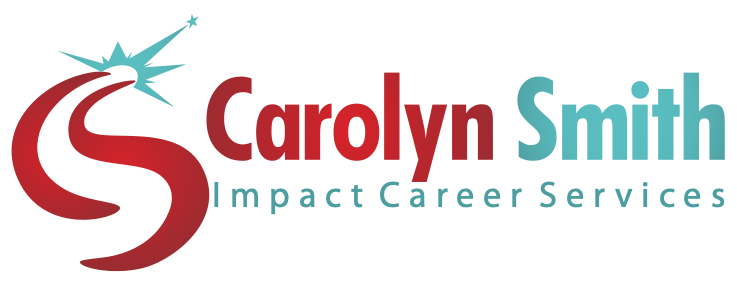1. It is not about you, it is about them
As a job hunter, your resume and your responses to the selection criteria are actually not about YOU. Yes, you heard me – they are not about YOU – they are about what you can offer THEM (the employer and agency). Once you understand this vital principle, then you can start creating a document that meets their needs and the best way to do this, is to simply mirror their requirements, right down to the language they use. It is all about creating the linkage between what THEY require and what YOU can offer.
The best way to achieve this, create a T-Account. Simply draw a line down the middle of the page and one side, list the employer needs and other the other side of the line, list all your hard and soft skills that prove you can do the job. This exercise will help you to pin point what you can offer the employer.
|
Employer requires: |
The experience and skills I have: |
2. It is not about how you perform on the job, but how you perform on paper and in interview
I’ve lost count of the number of times the best person for the job, has simply not got the job, because they failed to produce an effective resume, or responses to selection criteria. For government in particular, it is not all about how you perform on the job, but how you perform during the selection process. Unless you meet their EXACT requirements on paper, then even if you could do the job blindfolded, you will be simply be relegated to the ‘do not interview’ pile, because you failed to perform on paper.
3. What you get paid isn’t based on how good you are at what you do – at least not entirely.
A person might be doing exactly the same job, but because one job candidate can effectively sell themselves, or are working for a leading organisation, they will get paid more than another person.
What dictates how much you earn, is often based on the perceived value you can establish and your ability to market, network and sell yourself effectively. It’s sad that many professionals don’t get it, and as a result, many highly skilled people, are being underpaid. I’m not saying that you can earn more than the ‘market value’. What I’m saying, is that if you sell yourself effectively, you will earn the top market value for a certain job type, or occupation.
I hope you find these tips helpful and put them into action to make yourself more valuable to employers.

Leave a Reply